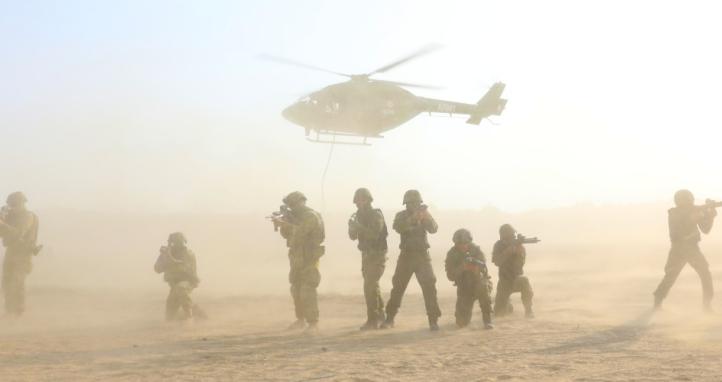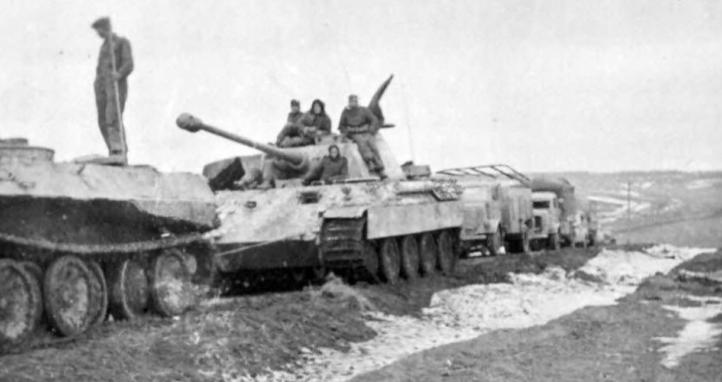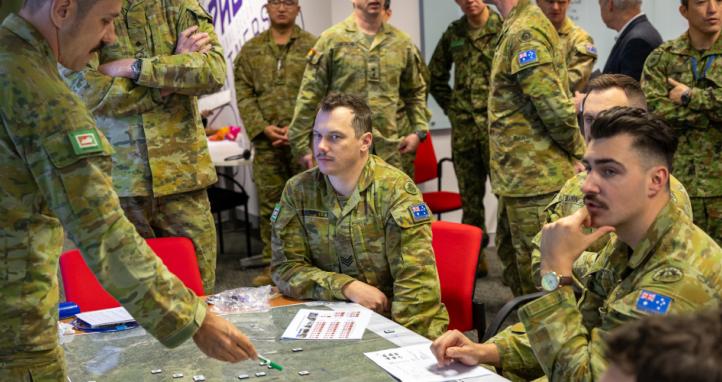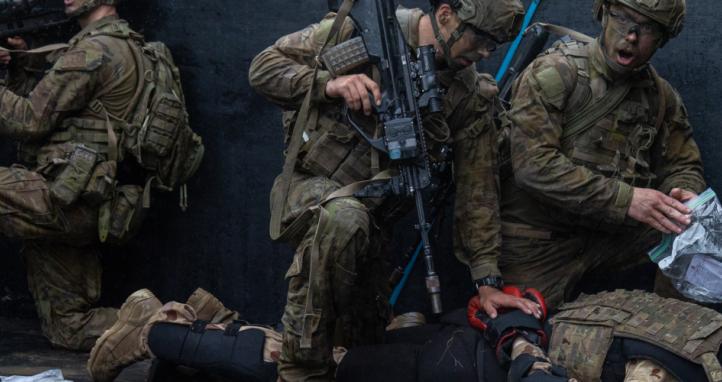The observation document in this edition of Professional Military Education (PME) is worth reading in its entirety (13 pages), but this Quick Military Education (QME) this exercise will focus on specific passages regarding junior leadership on operations. Written by now-Major General Chris Smith in 2012, his ‘Commanding Officer’s Observations from Mentoring Task Force 3' (pdf) was declassified and made widely available given the many teachable points it contains.
Start at paragraph 25 and read until paragraph 46. This will include the following sub-headings:
- contemporary soldiers have a distorted and fanciful perception of wartime soldiering
- it is possible to kill your soldiers with kindness
- mission command has become a dogma
- it is not under the strain of battle or hardship that discipline breaks down, but through long periods of sloth and inactivity.
Then read paragraphs 47-50 which have a different theme. The sub-headings are:
- the Taliban is a poor enemy and provides a poor measure of the quality of the Army’s discipline, skills, equipment and tactics
- understanding the mission, its purpose and its context is vital.
DISCUSSION QUESTIONS
- Was there anything you found controversial in this reading?
- Is this how you imagined our Army would perform on operations? Did you think we’d be better than this? Or do Smith’s views ring true for your own team even in Australia?
- Given he was the Commanding Officer of Mentoring Task Force 3, isn’t Smith ultimately responsible for allowing the behaviour he lambasts here to occur? Doesn’t the buck stop with him to change the culture?Does it feel like he is passing responsibility to his subordinates?
- Why were Smith’s observations unique in the Afghan conflict? No other commander wrote anything like this – why do you think other commanders didn’t speak out about similar observations?
- It was highly sensitive to discuss the reasons why soldiers died overseas, even when it was due to negligence. How do we create a mature learning culture that is prepared to discuss the possible failures that lead to fatalities?
- How do you balance performance and perception of you as a leader in the platoon?
- Are checks and inspections a demonstration of distrust towards subordinates? Or are they a necessary discipline? If so, how do you convey their importance?
- Have you seen instances where “soldiers walk all over their junior leaders and the junior leaders are either accepting or naïve to the fact”?
- Smith writes: “the necessary separateness of being a commander seems to terrify the current generation of junior leaders.” How do you handle the ‘loneliness of command’?
- What does Smith say is the larger significance of shaving and maintaining a professional appearance? Do you agree?
- Given Smith criticises junior leaders’ understanding of mission command, how do you explain mission command?
OTHER ACTIVITIES
If you enjoyed this activity, why not try the other PMEs available on The Cove?
Want more material for your junior officers? Find it here. This article collates articles from across The Cove designed for junior officers and Troop/Platoon Commanders.
CONCLUDING COMMENTS
If you have suggestions for improvements – additional readings or reference material, alternative discussion points, new delivery methods – or just wish to provide feedback, please contact The Cove Team via the.cove@defence.gov.au.
Here are the Facilitator's Notes (PDF) for this PME.









